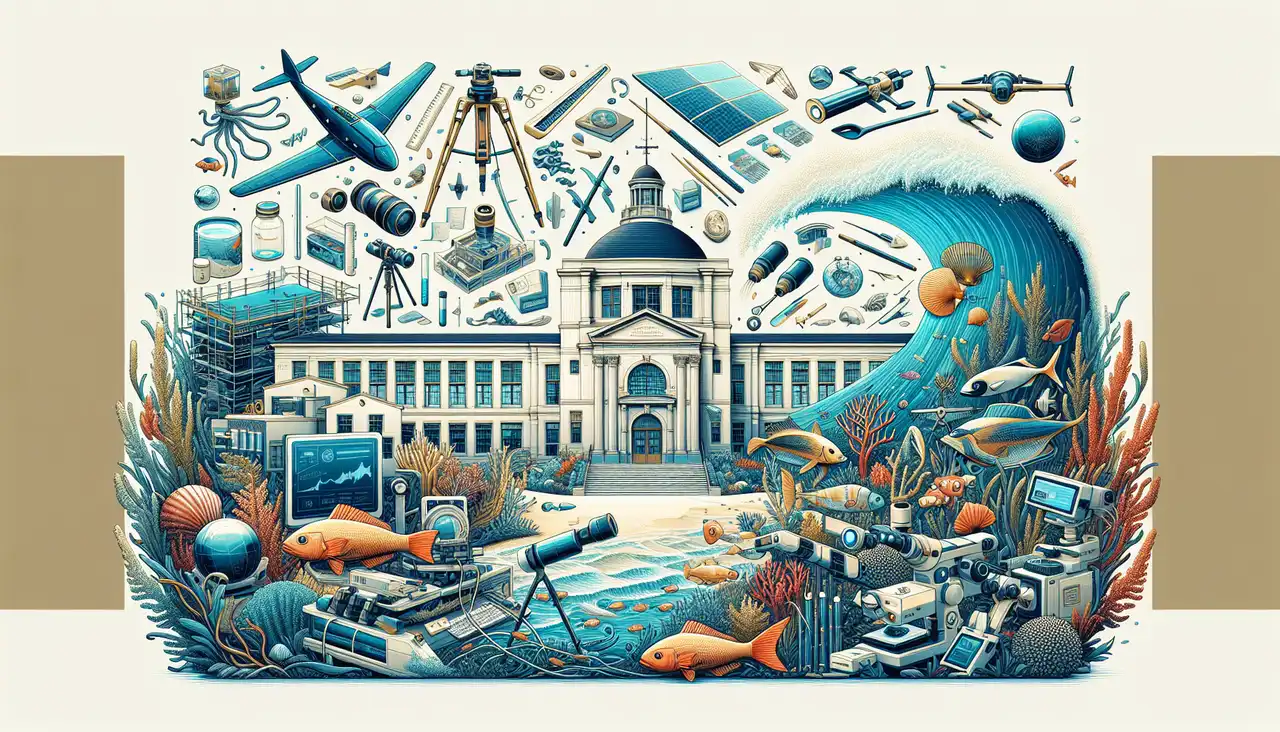

Jade D'Alpo
Professor conducting research in archaeobotany and subsistence strategies, Dr. Jade d'Alpoim Guedes is an Associate Professor at the Scripps Institution of Oceanography, University of California-San Diego. Her work delves into the intricate ways human societies have adapted their subsistence strategies over time, particularly in response to the challenges posed by climate change. With a keen interest in the biological impacts of climate change, Dr. d'Alpoim Guedes explores how these shifts have historically affected human populations and their environments. Dr. d'Alpoim Guedes is particularly renowned for her research on the Tibetan Plateau, where she leads an excavation project in the Jiuzhaigou National Park, China. This project aims to uncover the historical dynamics of human-environment interactions in this unique and challenging landscape. Her work in this region is pivotal in understanding how ancient societies adapted to the harsh climatic conditions and how these adaptations can inform current strategies for dealing with climate change. In addition to her fieldwork, Dr. d'Alpoim Guedes is an expert in analyzing archaeobotanical remains from various parts of the world. Her research investigates the origins and development of agricultural systems, shedding light on the complex relationship between climate change and subsistence systems. By examining plant remains, she reconstructs past environments and human diets, offering insights into the resilience and adaptability of ancient communities. Dr. d'Alpoim Guedes' research interests also extend to phylogenetics, ecosystem dynamics, and systematics. She employs a multidisciplinary approach, integrating methods from archaeology, biology, and environmental science to address questions about human adaptation and survival. Her work contributes significantly to the broader understanding of how ecosystems have evolved and how they continue to respond to climatic shifts. Through her research, Dr. d'Alpoim Guedes aims to bridge the gap between past and present, providing valuable lessons for contemporary society as it faces the ongoing challenges of climate change. Her contributions to the field of archaeobotany and climate change studies have established her as a leading figure in understanding the complex interplay between humans and their environments throughout history.